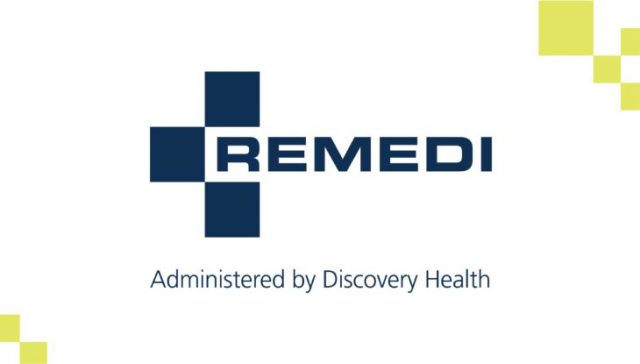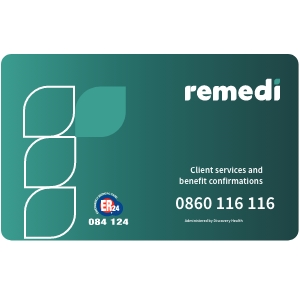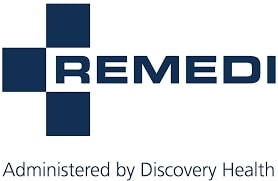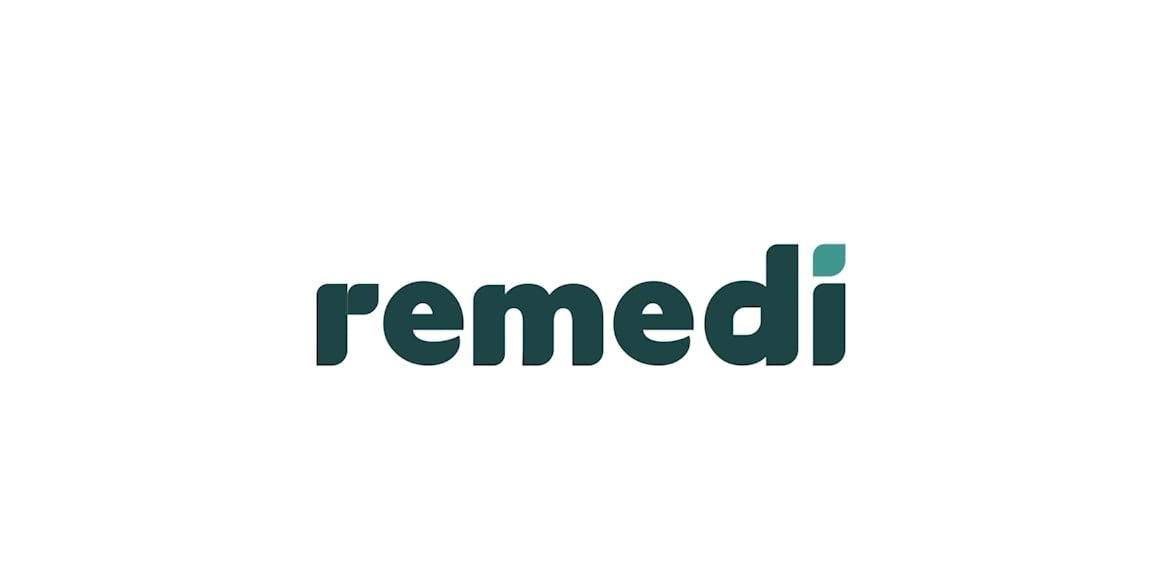Does your medical aid cover the full cost and recommended length of inpatient drug abuse treatment including medically supervised detoxification?
Medical Aid Cover For Inpatient Drug Abuse Treatment

Remedi Health is a reputable medical aid scheme that provides up to 21 days of inpatient drug abuse treatment, including a 3-day medically supervised detoxification administered by a medical health professional.
Their plans range from essential to comprehensive and include a wide range of benefits for drug abuse treatment. However, all their plans are subject to limitations and exclusions that their members should know.
At Changes Addiction Rehab, we have forged a strong partnership with Remedi Health Medical Aid. This collaboration ensures that their members receive the highest standard of drug addiction treatment, leading to long-term recovery. This article will address any questions about the plans Remedi Health offers.
What Drug Abuse Treatments Does Remedi Health Cover?
Substance use disorders are complex and need to be treated using an integrated approach. Remedi Health recognises this and offers extensive coverage so members can receive the required help.
The subsections below will discuss what Remedi Health covers for drug abuse treatment.
Residential Inpatient Treatment For Drug Abuse

Legally, Remedi Health Medical Aid must pay for up to 21 days of residential inpatient treatment, including a 3-day medically supervised detox from drugs and alcohol, once yearly, from January to January.
Members must choose a drug abuse treatment centre from one of the designated service providers (DSPs) to receive their full benefits. Failure to do so will result in a larger co-payment upon admission.
Outpatient Treatment Services
Outpatient rehab treatment is ideal for members who have completed their treatment at primary care. They will be able to tend to their daily responsibilities, such as work, school, and relationships, while still receiving drug abuse treatment.
Remedi Health Medical Aid only pays for specific services, not the entire program. For example, Remedi Health members can claim for individual counselling sessions.
Individual Counselling And Therapies
Individual counselling sessions are a cornerstone of addiction treatment centres. Individuals can gain valuable insight into their maladaptive addictive behavioural patterns and denial while adopting healthy coping mechanisms to deal with their substance use disorder.
Members can claim individual counselling sessions and group therapy sessions through Remedi Health. However, members must review their plans to determine the extent of their coverage, as different plans offer different benefits.

Pre-Authorisation Process for Remedi Health
At Changes Addiction Rehab, we prioritise our patient’s emotional well-being, so we will do the pre-authorisation process on your behalf. The procedure is quick and straightforward and should take at most 10 minutes.
We will call Remedi Health and provide them with our facility’s practice numbers and your ICD-10 codes; there is no need for a referral letter from a doctor.
Exclusions And Limitations
While all Remedi Health members may have comprehensive benefits, their plans are subject to specific exclusions and limitations.
Here is what they look like:
- Remedi Health Medical Aid will not cover treatment that a medical health professional does not deem necessary.
- Remedi Health Medical Aid does not cover alternative forms of therapy, such as homoeopathic treatments and yoga therapy.
- Remedi Health Medical Aid will not cover treatment at non-registered facilities.
- Remedi Health Medical Aid will not cover treatment that was not pre-approved.
- Remedi Health Medical Aid does not cover secondary and tertiary phases of treatment, and members must pay privately for those services.
- Remedi Health Medical Aid does not cover process addictions like gambling and porn addictions. If a member wants to be treated for those addictions, they will need to be referred to a psychiatric facility.

Remedi Health Medical Aid understands the complexity and severity of drug addiction and aims to provide its members with comprehensive treatment for their substance use disorders. Over and above this, members receive a large amount of addiction treatment benefits such as individual counselling and group therapy sessions they can claim for.
At Changes Addiction Rehab, we understand that drug and alcohol abuse is a tough battle to fight, which is why we are here to help you win the war.
Call us at 081-444-7000 to start your pre-authorisation process today.
FAQS
Does Remedi Health Cover Secondary Drug Abuse Treatment?
No, Remedi Health Medical Aid does not cover secondary care, and members will have to pay out-of-pocket fees to get this treatment level.
How Many Days Of Inpatient Rehab Treatment Does Remedi Health Medical Aid Pay For Per Year?
Remedi Health Medical Aid pays for up to 21 days of inpatient treatment per year, including a 3-day medically supervised detoxification.
Does Remedi Health Cover Therapy?
Yes, Remedi Health covers a certain number of therapy sessions per year; this coverage is plan-dependent, so members must review their plans to determine their coverage.
If You Need More Information About Medical Aid Coverage For Addiction Treatment Click On The Following Links:
Does Remedi Health cover inpatient addiction treatment and detox?
Yes. Remedi Health covers up to 21 days of residential inpatient treatment per year, including a 3-day medically supervised detox, subject to plan rules and pre-authorisation.
What outpatient or therapy benefits does Remedi Health provide for addiction?
Remedi Health allows claims for individual counselling and group therapy sessions, depending on your specific plan.
What is the pre-authorisation process for Remedi Health rehab treatment?
Pre-authorisation is required. Changes Addiction Rehab will submit the practice numbers and ICD-10 codes on your behalf to facilitate approval.






